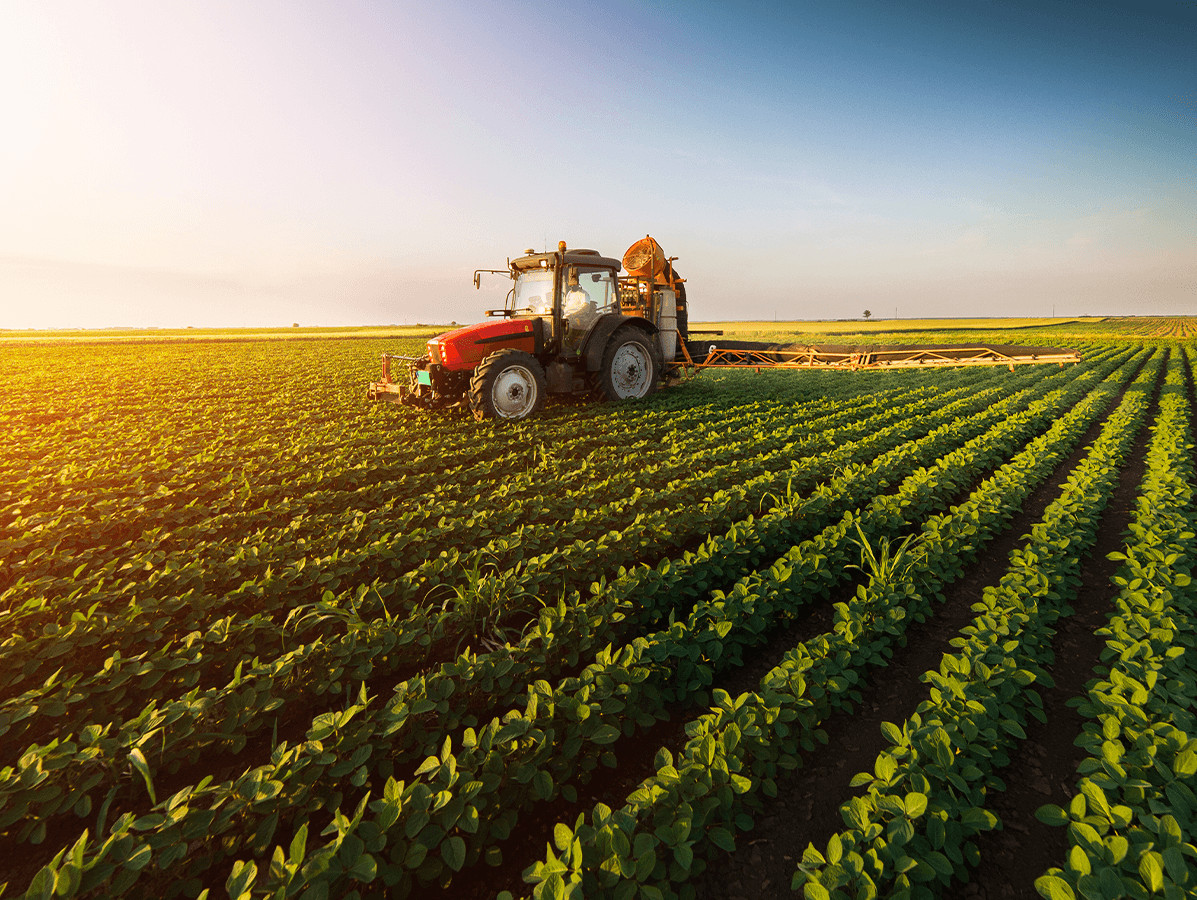
Wageningen University & Research and Statistics Netherlands have prepared the report 'State of Agriculture and Food' on behalf of the Ministry of Agriculture, Nature and Food Quality. The objective of the study is to provide a broad overview of the Dutch agribusiness. The researchers provide information on various economic indicators based on data and literature research.
In 2019, the added value of the total agricultural complex represented €56 billion, approximately 7% of the Dutch gross domestic product. In terms of value, in 2020, the Netherlands was the second largest exporter of agricultural goods after the US. In 2020, sales of agricultural goods amounted to €71 billion. Of this, 60% was earned through export and 40% through internal sales.
Supermarkets are the most important food sales channel. In 2019, approximately 53% of the €65 billion worth of food expenditure was spent in supermarkets. 32% of our food expenditure was spent in the food service. 16% of food expenditure was spent on food with sustainability labels.
The number of agricultural and horticultural companies decreased by 500 in 2020, leading to a total of 52,700. This constitutes a light decrease of 1% compared to 2019. The total agricultural acreage also decreased by 0.1% to 1814 million hectares. In 2019, the average balance value by the end of the fiscal year for agricultural and horticultural companies exceeded €3.5 million, representing an increase of €700,000 compared to 2015.
The work volume in the agricultural and horticultural sectors increased by 1% in 2020. The holders of agricultural and horticultural companies are ageing. The number of agricultural and horticultural companies with a holder aged 50 or older increased to 71% between 2012 and 2020. In 2020, 40% of the 34,100 companies with a holder aged 50 or older had an appointed successor. The number of dairy cows increased slightly in 2020. So did the number of chickens, while the number of pigs and other grazing livestock decreased.
In 2020, the Netherlands counted 2,019 organic agricultural and horticultural companies. This represents an increase of 3% compared to the previous year. In 2020, more than 42% of farming companies, 22,000 in total, broadened their activities, for example by starting a cheese dairy or shop, or engaging in agricultural nature management. More than 30% of companies with 10 employees or more engaged in some form of innovation between 2016 and 2018.
Read the report 'State of Agriculture and Food' (Dutch only)
Wur.nl
Source: Wageningen University & Research